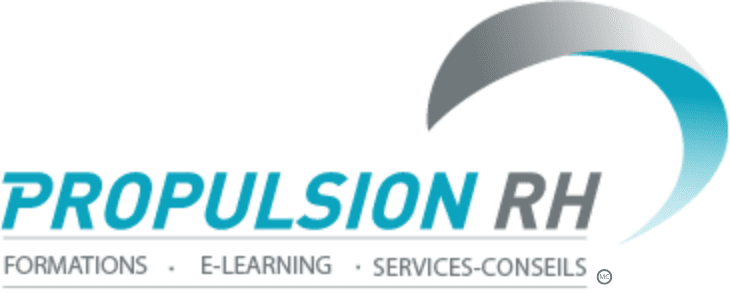Objectif principal
Apprendre à négocier et à gérer les objections pour éviter d'être pris au dépourvu.
Objectifs spécifiques
A l'issue de cette formation, les participants seront en mesure de :
- Adopter une posture de négociation lors d'interactions avec des parties prenantes internes ainsi qu'avec des partenaires commerciaux
- Anticiper la résistance, les objections, les perceptions et les intérêts des parties prenantes et des partenaires commerciaux
- Identifier les objections récurrentes à traiter
- Maîtriser les techniques de traitement des objections en adoptant un comportement adapté aux objections formulées
- Défendre ses positions de manière professionnelle et déterminée
- Clarifier ou établir le cadre de la relation et de la négociation
Faire face aux résistances et aux objections
- Connaître ses réactions naturelles en situation de tension, d'affrontement ou de conflit
- Maîtriser les 4 types d'objections et les techniques pour les recevoir (cas pratique)
- Comprendre les besoins réels de ses interlocuteurs et obtenir les informations pertinentes
Défendre ses positions
- Connaître les 6 catégories d'arguments
- Maîtriser la méthode de déploiement d'un argument d'impact
Outils de trading
- Connaître et maîtriser les lois de la persuasion pour mieux négocier
- Préparer une solution alternative (MESORE)
- Connaître les techniques de négociation
- Savoir dire non
Engager son interlocuteur dans l'action
- Choisir parmi les techniques de fermeture
- Obtenir des engagements clairs des parties prenantes
- Clarifier l'entente négociée et le plan d'action
- Pérenniser la relation grâce à une négociation efficace : le ciment d'une bonne relation !
Méthodologie pédagogique
- Présentation interactive
- Discussions en groupe et partages d'expériences
- Études de cas basées sur des scénarios réalistes
- Exercices pratiques
- Séances de réflexion individuelle et de travail en équipe
Note: Ce syllabus est un exemple et pourra être adapté en fonction des besoins spécifiques de votre organisation ou des participants, à l'analyse des questionnaires préparatoires ou selon les modalités de diffusion de la formation (durée, format, etc.)







